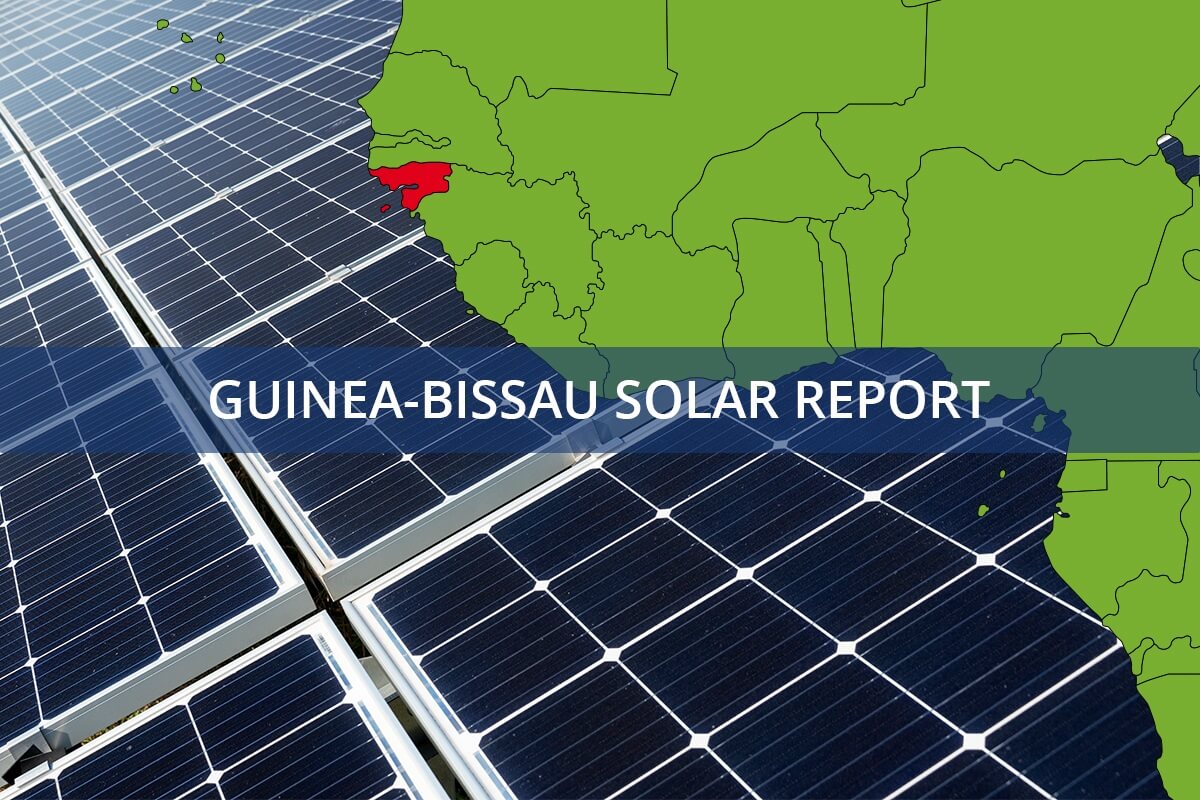A new solar energy project has been launched in Guinea-Bissau to boost the country’s electricity supply. The project, funded by the World Bank, aims to install solar panels and storage systems to provide reliable power to around 200,000 people. The initiative is expected to have a significant impact on the country’s energy infrastructure and is seen as a major step towards sustainable development.
Guinea-Bissau solar project powers new plant in Bissau
The Guinea-Bissau Solar Energy Project represents a significant milestone in the country’s pursuit of sustainable development. With a budget of $43.5 million, the project aims to utilize Guinea-Bissau’s abundant solar resources to provide reliable electricity to its population.
The project, which has recently broken ground, is expected to provide a considerable boost to the country’s energy infrastructure, with the potential to revolutionize the daily lives of its citizens and businesses. The initiative is backed by the World Bank, which has allocated $15.5 million in funding and an additional $28 million from the International Development Association (IDA).
The project encompasses the construction of a 20-megawatt solar power plant in Bissau, a 6-megawatt solar plant in Bafata, and a 2-megawatt solar plant in Canchungo. In addition, a 30-megawatt storage system will be installed to ensure a stable and reliable supply of electricity. These solar plants, along with the storage system, are expected to provide electricity to approximately 200,000 people, thereby improving access to energy in both urban and rural areas.
Economic transformation through Guinea-Bissau solar project
Beyond providing electricity, the solar energy project is expected to have a significant impact on Guinea-Bissau’s economy. By providing a more reliable energy supply, the project will enable businesses to operate more efficiently and create new opportunities for economic growth.
Industries that require a stable electricity supply, such as manufacturing and agriculture, will greatly benefit from the increased reliability of the energy grid. This, in turn, could lead to job creation and an overall improvement in the standard of living for many Guineans.
The project is also expected to contribute to the country’s efforts to reduce its carbon footprint. By relying on solar energy – a clean and renewable resource – Guinea-Bissau will be able to lower its dependence on fossil fuels and reduce greenhouse gas emissions. This aligns with the country’s commitment to sustainability and its efforts to combat climate change.
Challenges and future outlook for Guinea-Bissau solar project
Despite the promising benefits, the project is not without its challenges. The construction of solar plants and storage systems in remote areas can be a complex and costly process. Additionally, the maintenance of these facilities will require a skilled workforce, which may present a challenge in a country with limited experience in solar energy.
However, the long-term benefits of the project far outweigh these challenges. The successful implementation of the Guinea-Bissau Solar Energy Project will serve as a model for other African countries looking to develop their renewable energy sectors. By demonstrating the feasibility and benefits of solar energy, Guinea-Bissau can inspire other nations to follow suit and invest in clean energy solutions.
The Guinea-Bissau Solar Energy Project marks a significant step forward for the country in its quest for sustainable development. By harnessing the power of the sun, Guinea-Bissau is not only addressing its energy needs but also contributing to the global fight against climate change. As the project progresses, it is expected to bring about positive changes in the lives of many Guineans, providing them with reliable electricity and new economic opportunities.

